Carbon Sequestration

LA’s Trees Absorb More Carbon Than Expected, But Can’t Do It Alone
A USC study finds that Los Angeles’ urban trees absorb more carbon than expected, but while they provide crucial environmental benefits, they cannot replace the urgent need for systemic emissions reductions.

The Benefits of Trees
In addition to all the economically valuable services they provide, trees are beautiful as pure aesthetic objects and a welcome presence in any landscape.

EPA: Louisiana Can Approve Carbon Capture Projects
Environmental groups worry carbon sequestration could impact water supplies and pollute the same communities already impacted by oil and gas extraction.
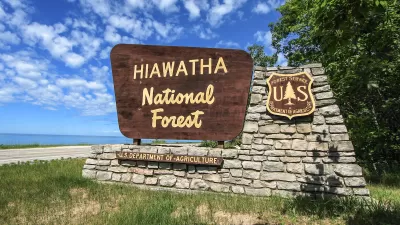
Carbon Capture Plan Draws Conservationist Concerns
The Forest Service says storing carbon dioxide under national forest lands is essential to reducing greenhouse gas emissions and meeting climate goals.
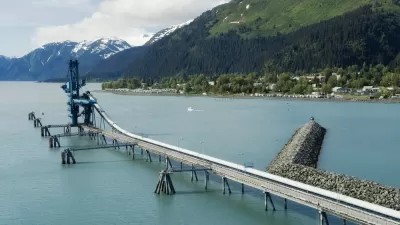
Alaska to Consider Carbon Offset and Sequestration Program
Alaska could follow in the footsteps of California and Europe by leveraging the state’s natural resources to create a carbon offset and sequestration program, mitigating the environmental effects of its industries and raising revenue for the state.
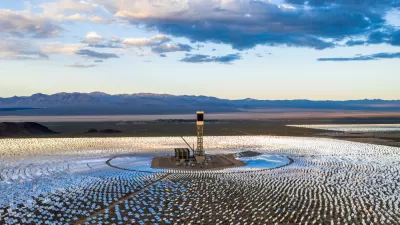
How Renewable Projects Are Threatening a Crucial Carbon Sink
The sprawling Mojave Desert plays a key role in carbon sequestration, storing around 10 percent of California’s carbon. But the fragile ecosystem is threatened by large-scale renewable energy projects.

How to Fight Climate Change and Increase Resiliency, Naturally
Five actions governments could take quickly to reduce emissions and restore ecosystems.
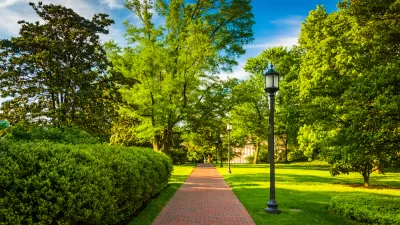
'Tiny Forests' Take Hold in Urban Centers
A movement to plant small patches of plants in urban neighborhoods is taking off in Europe and Asia as cities work to mitigate the effects of climate change and provide increased access to green space.
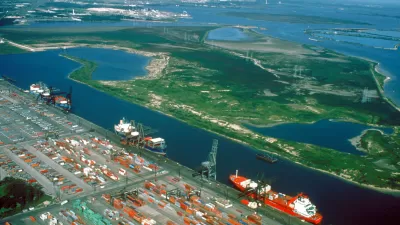
Exxon Wants 'Financial Incentive' for $100 Billion Carbon Capture Hub
The company's proposed $100 billion carbon capture project would require a "large-scale" public-private partnership and could capture up to 100 million tons of carbon per year.
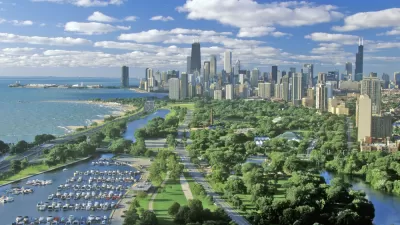
Addressing Equity by Strategically Planting Millions of Trees
As part of the Trillion Trees Initiative, cities across the country are pledging to plant trees and restore urban forests to fight climate change and cool off disadvantaged communities.
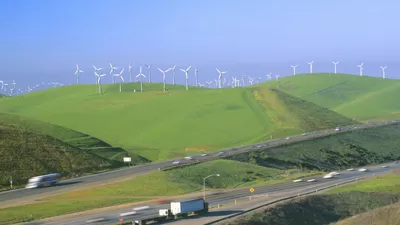
A Path for California to Get to Zero Carbon...And Below
A new study from Lawrence Livermore National Laboratory evaluates strategies to achieve former Gov. Jerry Brown's goal of carbon neutrality by 2045. Unlike other reports that study emission reductions, it evaluates "negative emissions" strategies.
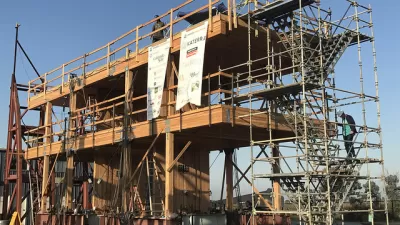
Demystifying Mass Timber
Quayside, Sidewalk Labs' smart city in Toronto, calls for ten tall buildings made entirely of wood. Here's why proponents think mass timber is a good idea, and what obstacles stand in its way.
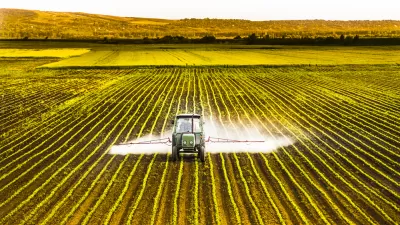
Land Use the Subject of Latest IPCC Report
Not urban land use, but in the literal sense: land used to produce food, graze livestock, supply drinking water, grow trees, and sequester carbon. As the climate warms and the population grows, crop yields will decrease and land will be degraded.
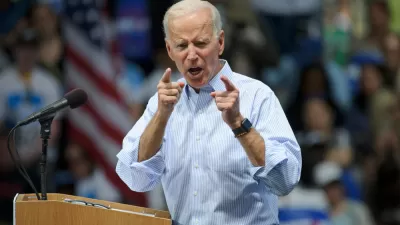
2020 Presidential Campaign: Media Coverage of Climate Strategies
Mayor Pete Buttigieg was criticized for supporting carbon capture and carbon taxes, while Vice President Biden was accused of lifting phrases about carbon capture from a "pro-industry" group. But did the media get these stories right?
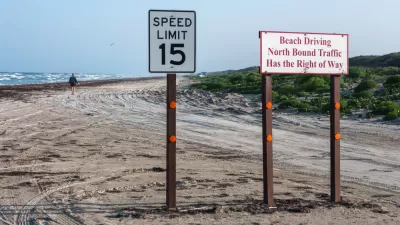
Texan Offers Very Texan Plan for the Coast of Texas
In a new book, lawyer Jim Blackburn suggests that engaging private landowners is the only way to manage the coast of his home state.
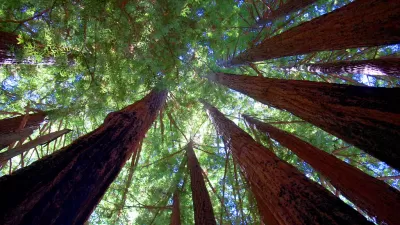
California Carbon Offset Program Judged Effective by Stanford University Study
The new study determined that carbon forestry offsets, which allow polluters to reduce carbon emissions out-of-state rather than in impacted communities near large pollution sources, is a beneficial climate program.
New Facility Captures Atmospheric Carbon and Stores it Underground
On April 7, the illinois Industrial Carbon Capture and Storage commenced operations, taking carbon that corn sequestered from the atmosphere and storing it safely almost a mile and a half underground in a sandstone formation.
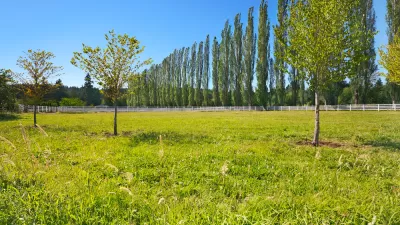
King County, Washington Won't Budge on Rural Developments
The city of Snoqualimie's requests to expand in to "rural" King County has been denied.
Using Highway Medians for Carbon Sequestration
Americans are thinking about undeveloped land alongside and between roadways as a low cost and widely dispersed strategy for carbon sequestration
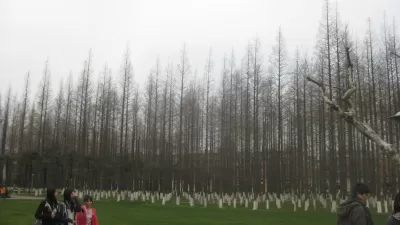
China Plants 'Great Green Wall' of Trees
Net deforestation continues, but at a slower rate as the world's largest ecological engineering project stretches for a planned 2,800 miles. It is hoped the new trees will halt the advance of the Gobi Desert.
Pagination
Urban Design for Planners 1: Software Tools
This six-course series explores essential urban design concepts using open source software and equips planners with the tools they need to participate fully in the urban design process.
Planning for Universal Design
Learn the tools for implementing Universal Design in planning regulations.
planning NEXT
Appalachian Highlands Housing Partners
Mpact (founded as Rail~Volution)
City of Camden Redevelopment Agency
City of Astoria
City of Portland
City of Laramie


































